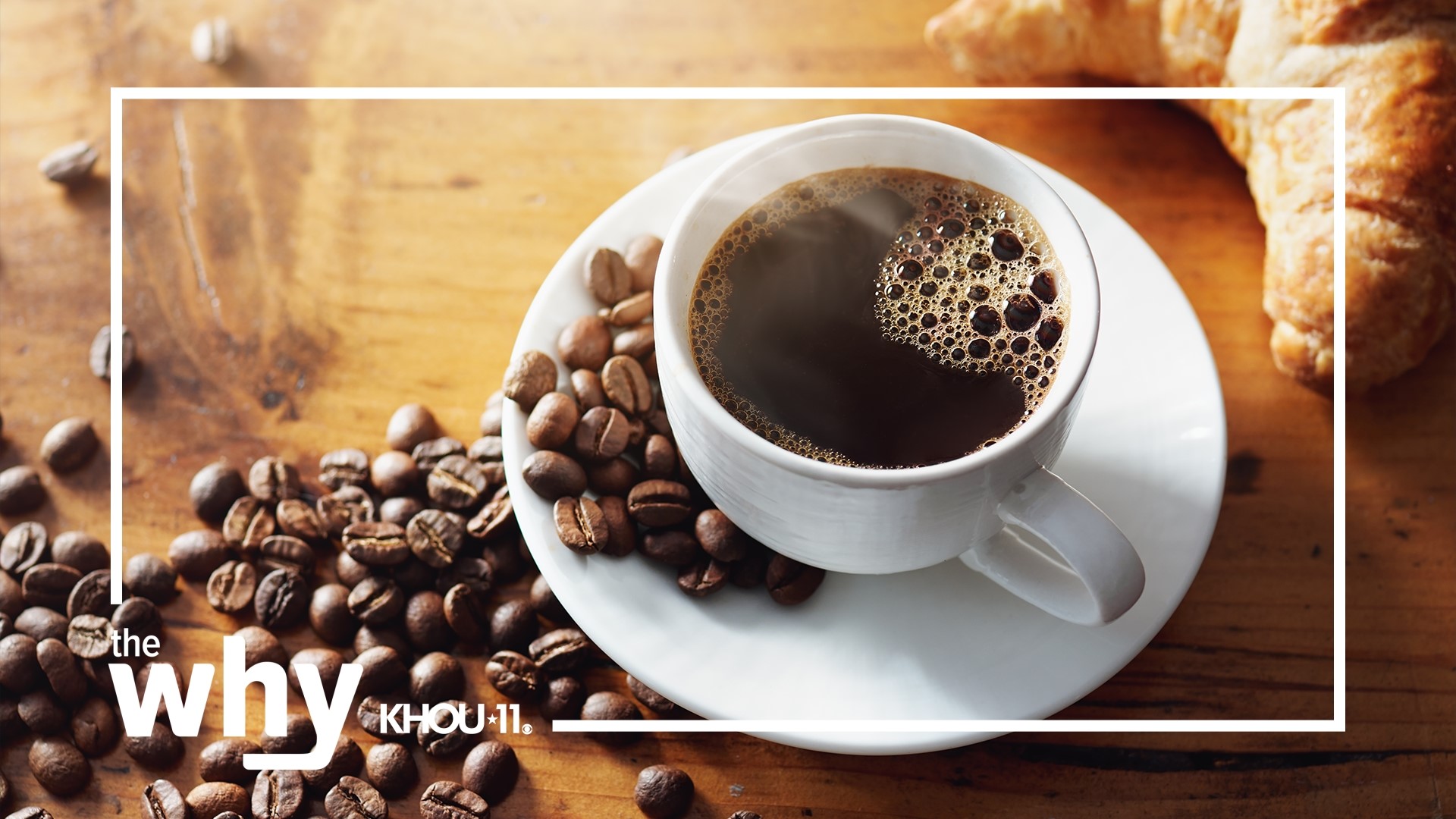HOUSTON — A new survey finds that younger generations are turning to a morning boost without a boost.
Why are more young adults drinking decaf coffee?
It may be a morning tradition for many adults to start the day with a jolt from a caffeinated beverage, but according to a new survey from Swiss Water - a proprietary water process that eliminates caffeine from coffee - increasingly, millennials and Gen Z are turning to the decaffeinated version of that morning brew.
It seems like the pandemic may have played a role in this change. Of those surveyed, 68% said they have increased their decaf consumption since COVID.
Why are younger adults looking to de-boost their morning boost?
According to Market Research Future - which did a research report on trends in the coffee market - consumers are looking for ways to cut back on caffeine for health reasons. This has led to some big coffee brands increasing their decaffeinated products.
Is decaf healthier?
For the record decaf is not caffeine free, it still retains a small amount of caffeine. According to the USDA, a typical 8-ounce cup has about two milligrams of caffeine, but it also retains the health benefits of regular coffee. According to UCLA Health, those benefits include a reduced risk of type 2 diabetes, some neurogenerative diseases and cognitive decline. That is all thanks to organic compounds and antioxidants found in both the caffeinated and decaffeinated versions.

